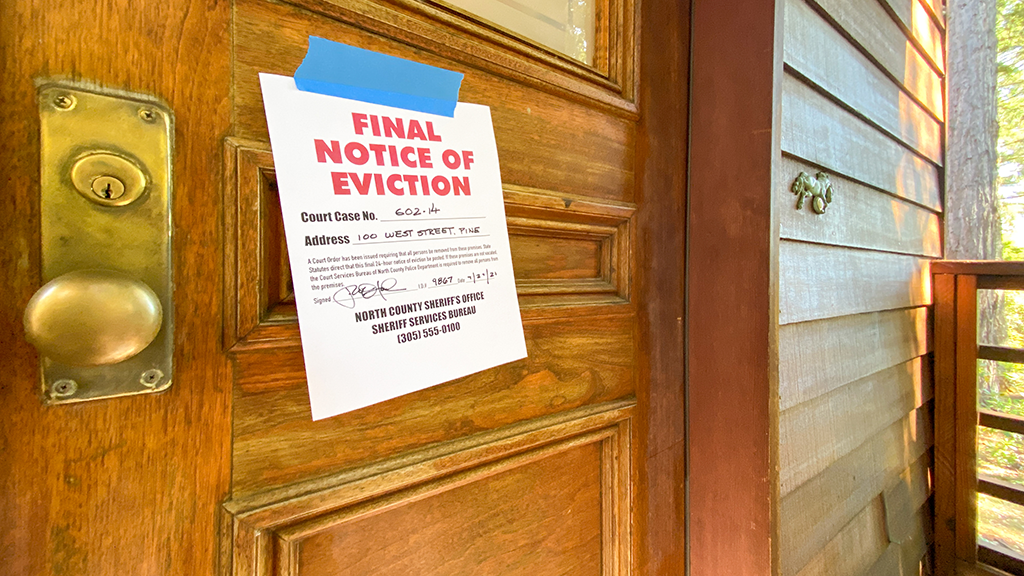Supreme Court Ends CDC’s Eviction Moratorium

The U.S. Supreme Court, in a 6-3 decision, effectively ended the CDC eviction moratorium.
In its decision, the Supreme Court held the Alabama and Georgia Associations of Realtors® are “virtually certain to succeed on the merits of their argument that the CDC has exceeded its authority.” The Supreme Court’s decision means landlords are now able to evict tenants based on non-payment of rent, unless there is a local eviction moratorium in place. Landlords should consult with an attorney to determine any local restrictions on evictions.
The Realtor® associations originally sued the CDC claiming the eviction moratorium was unlawful. The trial court agreed, but put a stay while the case was on appeal, finding there was a “serious legal question” of whether the CDC had the authority to implement the eviction moratorium.
The Realtor® associations’ efforts to end the stay was denied by the Supreme Court at the end of June. Justice Kavanaugh wrote that while he agreed the CDC’s action was illegal, he voted to allow the stay to remain for an orderly ending of the moratorium in July.
After the CDC renewed the eviction moratorium at the end of July, the Realtor® associations again brought a challenge. The trial court again agreed with the Realtor® associations, but held that it was bound by the appeal court’s prior decision and was unable to remove the stay.
In finding that a stay was not justified this time around, the trial court cited to the Supreme Court’s June decision, the availability of vaccines and Congress appropriating nearly $50 billon in rental assistance.
Although the CDC argued the latest eviction moratorium differed from previous moratoriums and was narrower in scope, the Supreme Court noted the renewed moratorium was virtually “indistinguishable from the old,” with the only real difference being a “slightly narrowing [of] the geographic scope” that still covered at least 80% of the country.
NAR, which supported the Alabama and Georgia associations’ case, issued a statement that the court’s “decision is the correct one, from both a legal standpoint and a matter of fairness. It brings to an end an unlawful policy that places financial hardship solely on the shoulders of mom-and-pop housing providers, who provide nearly half of all rental housing in America, and it restores property rights in America.”
The Pennsylvania Emergency Rental Assistance Program is still available for renters and landlords.
Topics
Share this post
Member Discussion
Recent Articles
-
Tri-County Realtor® Leads Efforts to Fight Hunger
- November 21, 2024
- 2 min. read
Heather Griesser-LaPierre, a member of Tri-County Suburban Realtors®, led an initiative last month to pack 238,000 meals for hurricane victims alongside fellow Realtors® and other volunteers.
-
9 Tips to Save Money When Moving
- November 20, 2024
- 3 min. read
For new homeowners, moving costs can add up quickly. Here are nine tips to keep moving costs down, from Point2.
-
Earn Pa. CE Credit at Triple Play: Agency Relationships and Disclosures
- November 19, 2024
- 2 min. read
Taught by two PAR associate counsels, “Agency Relationships and Disclosures in Pennsylvania” is a three-hour course that is a Pennsylvania SREC-required topic for the 2024-2026 continuing education cycle.
Daily Emails
You’ll be the first to know about real estate trends and various legal happenings. Stay up-to-date by subscribing to JustListed.



